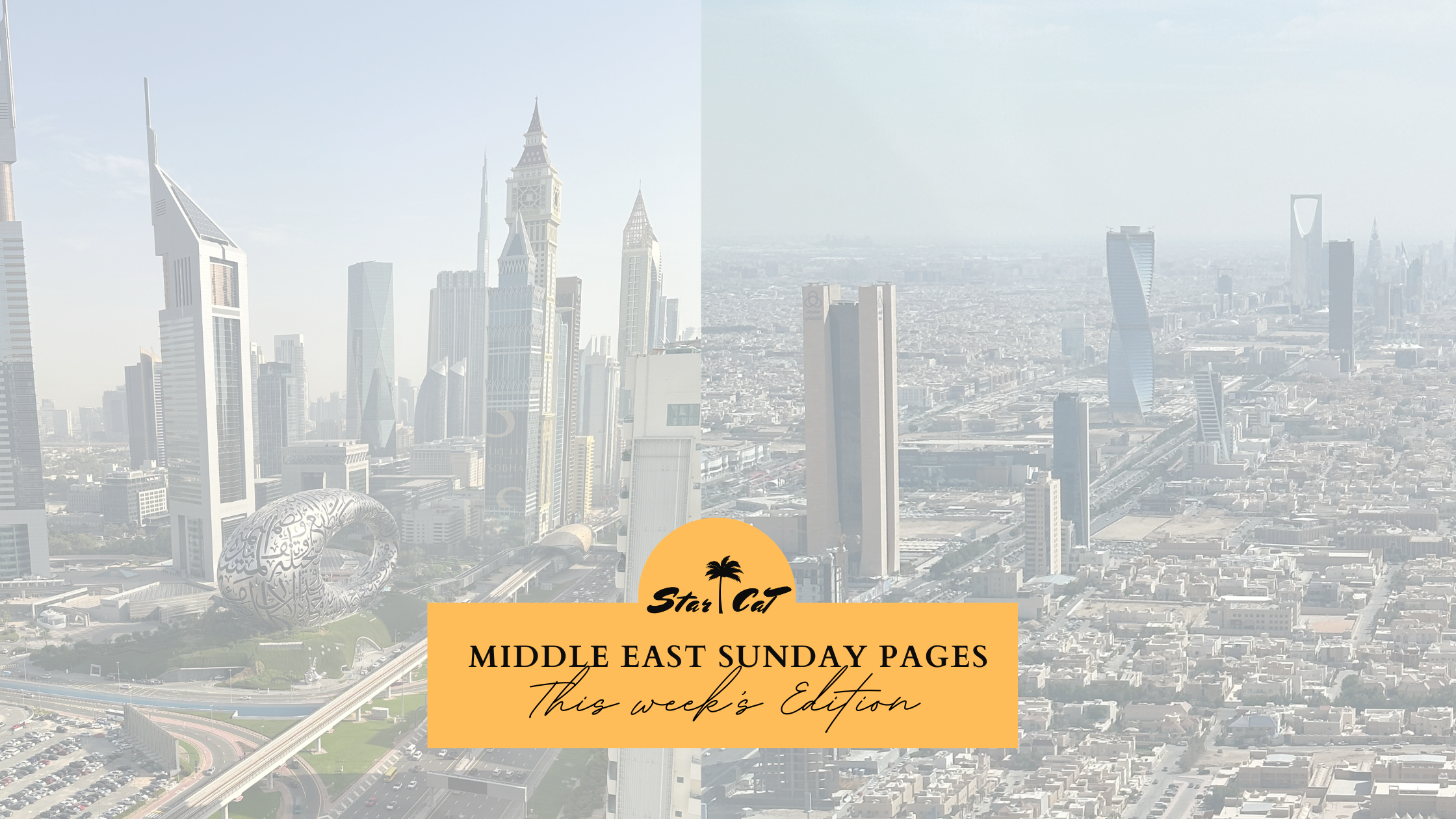
Same Gulf? Different Rules: The Saudi vs UAE Etiquette You Can NOT Ignore
When most Western professionals think of the Gulf region, they tend to paint it with the same brush: conservative, wealthy, hierarchical, and relationship-driven. And while there is truth to that, each country has its own unwritten rules that can make or break a deal.
One of the biggest mistakes expats make is assuming the Gulf is culturally identical. Many think a smooth pitch in Dubai guarantees success in Riyadh. In reality, copying your UAE approach in Saudi can damage trust overnight.
Nowhere is this more apparent than in the subtle but important differences between Saudi Arabia and the United Arab Emirates (UAE).
Both are powerhouse economies, both have deep traditions and Islamic values, and both are ambitious players on the global stage. But their social codes? Quite different.
If you treat a meeting in Riyadh the same as one in Dubai, do not be surprised if your pitch falls flat or you are politely sidelined.
Let’s unpack the key etiquette contrasts every foreign professional should know — and how mastering them can earn you trust, respect, and results in both markets.
Formal vs. Cosmopolitan
Consider Alex, a European consultant. In Dubai, he starts meetings with casual jokes and dives straight into slides. It works well. But in Riyadh, his same style backfires. His local host felt rushed and disrespected — resulting in no follow-up meeting.
Saudi Arabia: Meetings tend to be more formal, traditional, and hierarchical. Titles matter. Seniority dictates who speaks first, who is greeted first, and who sits where. Dress code leans conservative — even in business circles, men often wear the national dress (thobe) and women may wear abayas.
UAE: Dubai and Abu Dhabi are far more cosmopolitan. While hierarchy still exists, interactions are more relaxed. Western business attire is standard, and many meetings feel less rigid. Expat professionals mix freely with Emiratis, and English is the default business language.
Pro tip: In Saudi, mirror the formality. In the UAE, you can match a more international vibe — but always watch your host for cues.
Small Talk and Ice Breakers
Saudi Arabia: Hospitality is deeply ingrained. Expect longer pre-meeting small talk, personal questions about your family, health, and travels. Jumping straight to business can feel rude or cold.
UAE: Still important, but time is money in Dubai — the pace is faster and small talk often happens in parallel with business talk. Emiratis appreciate friendliness, but efficiency is admired too.
Pro tip: In Riyadh: unhurried conversation first, agenda second. In Dubai: balance warmth with respect for time.
The Meeting Environment
Maria, an American exec, flew to Jeddah. She skipped the coffee and pleasantries to “respect time” — she thought she was being efficient. Her local counterpart felt snubbed. That deal? It went to her competitor who sat for coffee and asked about family first.
Saudi Arabia: Expect to be hosted in a Majlis, an informal sitting area with Arabic coffee and dates. Discussions can be open-ended. Interruptions from family or calls are normal and not seen as disrespectful.
UAE: Meetings usually happen in offices, hotels, or modern co-working spaces. There is still coffee and hospitality, but it is more streamlined. Interruptions are rare — meetings stick to schedule.
Pro tip: Be adaptable: enjoy the flow in Saudi; be punctual and prepared in the UAE.
Decision-Making Style
Saudi Arabia: Consensus-building can take time. Decisions often rest with one key leader, but that leader values input from trusted inner circles and family advisors. Do not rush. Multiple visits signal commitment.
UAE: More corporate structures mean decisions may be delegated to managers. Big deals still need top-level sign-off, but the approval chain is clearer and faster.
Pro tip: In Saudi: patience shows respect. In the UAE: clarity and quick follow-ups are appreciated.
Communication Style
Some expats panic at pauses in conversation. They fill silences, over-explain, or push for clarity. In both countries, silence can be polite reflection — not discomfort.
Saudi Arabia: Indirectness is common. “Yes” can mean “maybe” — and “we will think about it” can mean “no.” Reading body language and tone is crucial.
UAE: Also indirect, but with more exposure to Western styles, you might get clearer signals. Still, blunt confrontation is to be avoided. Politeness preserves face.
Pro tip: Never push for an answer on the spot in either country. Instead, build trust so the answer comes naturally. Learning how to build this trust is crucial – get the best strategies with our Gulf Success Etiquette Playbook.
Staying in Touch
Sending a generic follow-up email is the Western default. But Gulf clients expect a personal touch: WhatsApp but make it personal.
Saudi Arabia: WhatsApp is king. Do NOT rely only on email — personal rapport through informal messaging keeps the relationship alive. Sending greetings for Eid or important days is deeply appreciated.
UAE: WhatsApp is used, but people are bombarded with messages daily. Well-timed, respectful check-ins work best. Do NOT over-message.
Pro tip: Learn local holidays, send respectful greetings, and do not just pop up when you need something. You can learn the best strategies by subscribing to our Gulf Success Etiquette Playbook.
Why This Matters More Than Ever
As the Gulf becomes more globally connected, competition for deals is fierce. Many companies come in with polished decks and big promises — but fail because they overlook the invisible rules that build real trust.
Understanding the nuance between Saudi and UAE etiquette is NOT ‘extra’. It is your edge. It is not about being perfect — it is about proving you care enough to understand. In a region where trust outranks contracts, etiquette is your invisible advantage.
Two markets. One region. Two distinct personalities.
Master the difference — and doors will open.
Ignore it — and you will keep wondering why the pipeline stays warm but never closes.
Cultural fluency also shows respect. And it is the fastest way to earn the referrals and repeat invitations that grow your bottom line.
Ready to level up your Gulf etiquette? My signature Etiquette program goes deeper, with real scripts, cultural do’s and don’ts, and insider strategies to win trust and close deals across the Gulf. Book a VIP Strategy Day with me or enrol in the Gulf Success Etiquette Playbook. Start here — before your next Gulf trip costs you more than the airfare.

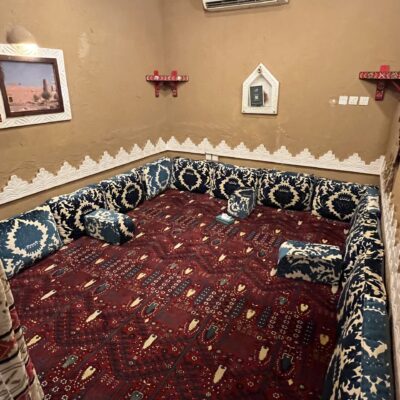
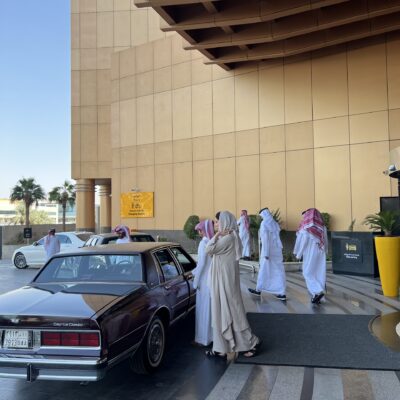
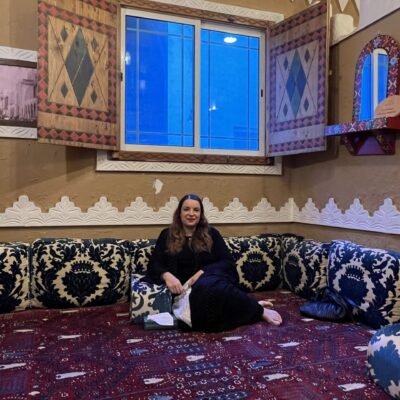




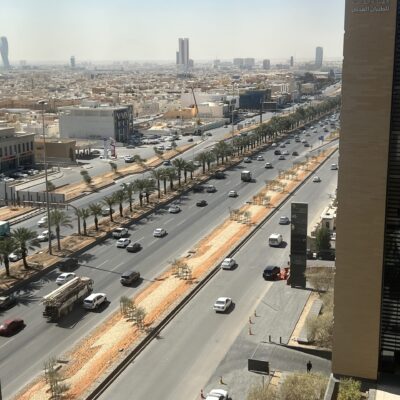


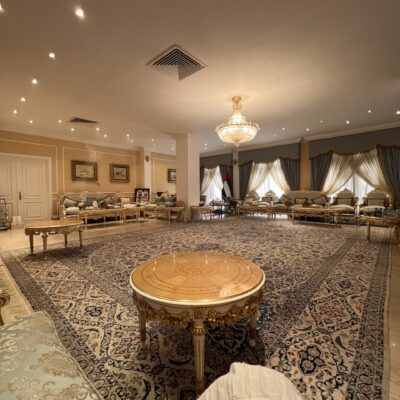

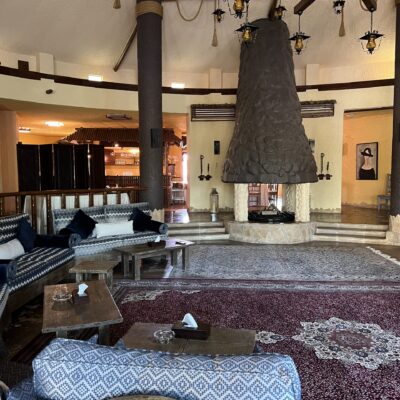

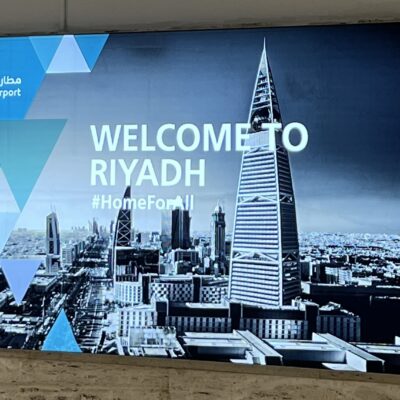


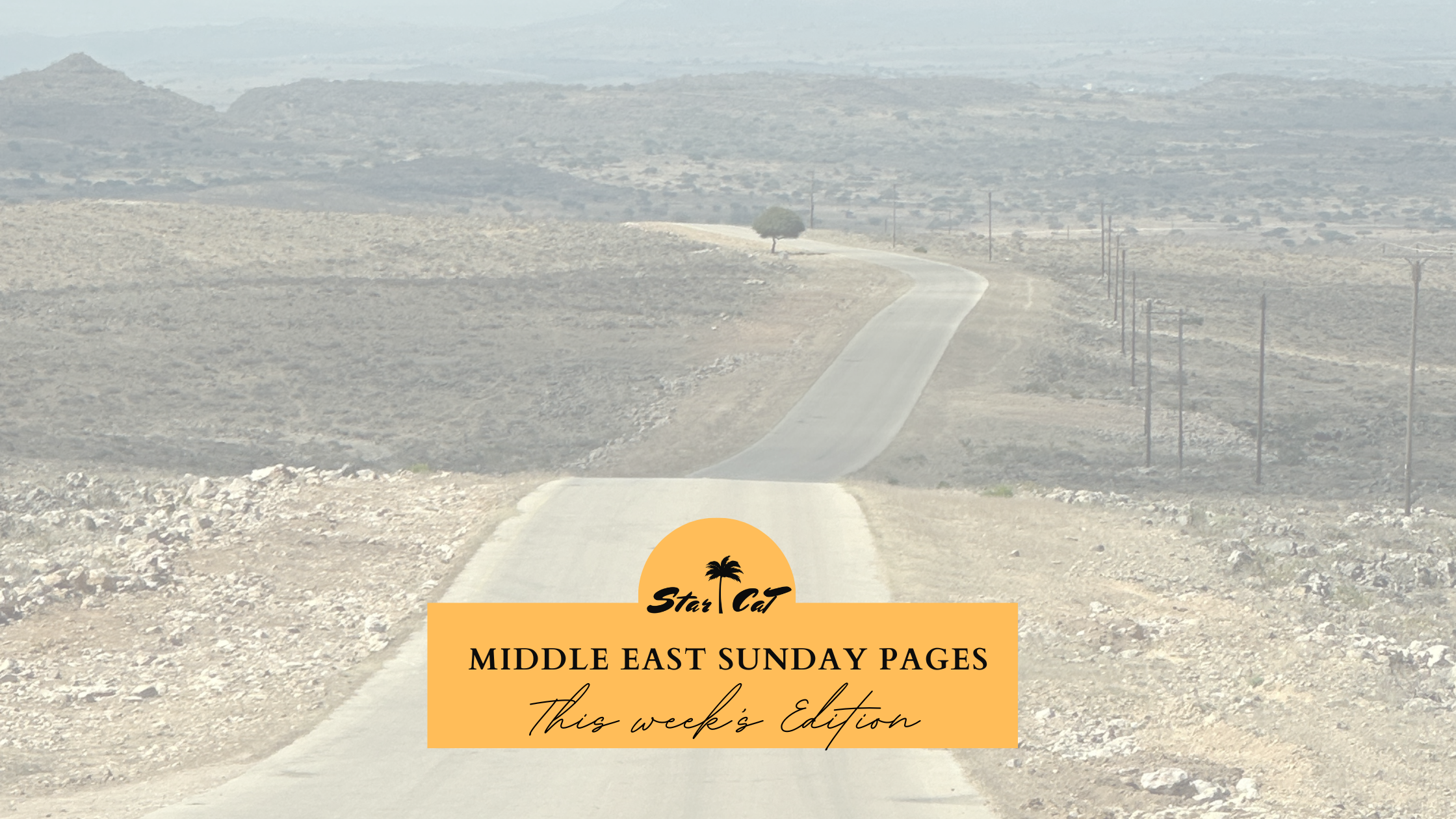
This Post Has 0 Comments